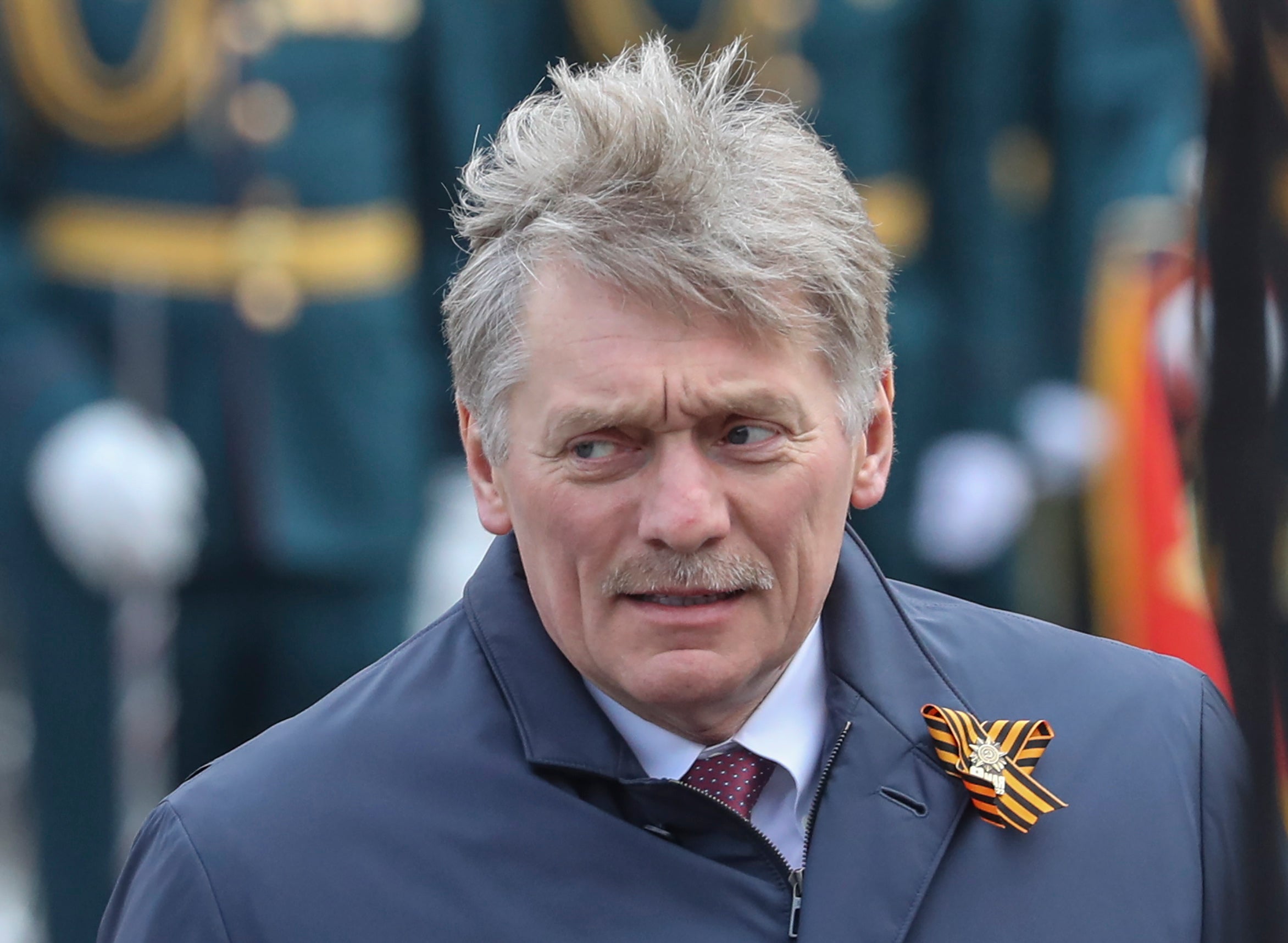Moscow denies 700,000 have fled since Putin’s call-up order – but does not have ‘exact figure’
‘I don’t think those numbers should be taken seriously,’ says Kremlin spokesperson
Moscow has denied reports that 700,000 Russians have fled the country since Vladimir Putin last month announced a mobilisation order to increase the numbers fighting in Ukraine.
However, Kremlin spokesperson Dmitry Peskov conceded he did not have an exact figure for how many people had left since the announcement on 21 September.
“I don’t think those numbers should be taken seriously,” Mr Peskov said when asked about some reports in Russian media that up to 700,000 Russians could have left the country.
“I don’t have exact figures but of course, they are far from what’s being claimed there.”
Within a week of the call-up, it was reported that at least 260,000 people had crossed the country’s border to avoid fighting on the front line.
Hundreds of thousands of Russians, mostly military-age men, are said to have crossed neighbouring borders including those of Finland, Kazakhstan, Georgia and Mongolia.
Countries neighbouring Russia reported an increase in crossings and last week Finland announced it was closing its border to Russian tourists.

Kazakhstan said it was struggling to accommodate the tens of thousands of Russians who have fled their homeland since the mobilisation order.
The Kazakh interior minister said on 3 October that more than 200,000 Russians had entered since 21 September, while about 147,000 left in the same period, although their final destination was not clear.
Satellite images showed queues of thousands of vehicles leaving Russia and waiting to get into neighbouring Georgia.
The interior ministry of Georgia, where Russians can also enter without a visa, said 68,887 Russians had arrived while 45,624 had left.

Reports have also surfaced of men with no military experience or past draft age receiving call-up papers.
At the same time, thousands of Russians who were mobilised have been sent home because they were unfit, claimed the governor of the Khabarovsk region in Russia’s far east. There have also been concerns in Russia that recruitment has been overly focused on ethnic groups.
President Putin acknowledged there had been mistakes in the mobilisation last week and said they should be corrected.

It is thought that the original call-up order would involve 300,000 reservists but there have been claims that up to one million people could be conscripted as the Russian invasion falters.
Earlier this week, Russia’s defence ministry said 200,000 had already been conscripted.
It comes as Russian forces have been retreating from front lines in the south and east as Ukraine’s forces have retaken more settlements in Kherson, one of four partially Russian-occupied regions that Putin formally annexed.

Join our commenting forum
Join thought-provoking conversations, follow other Independent readers and see their replies
0Comments